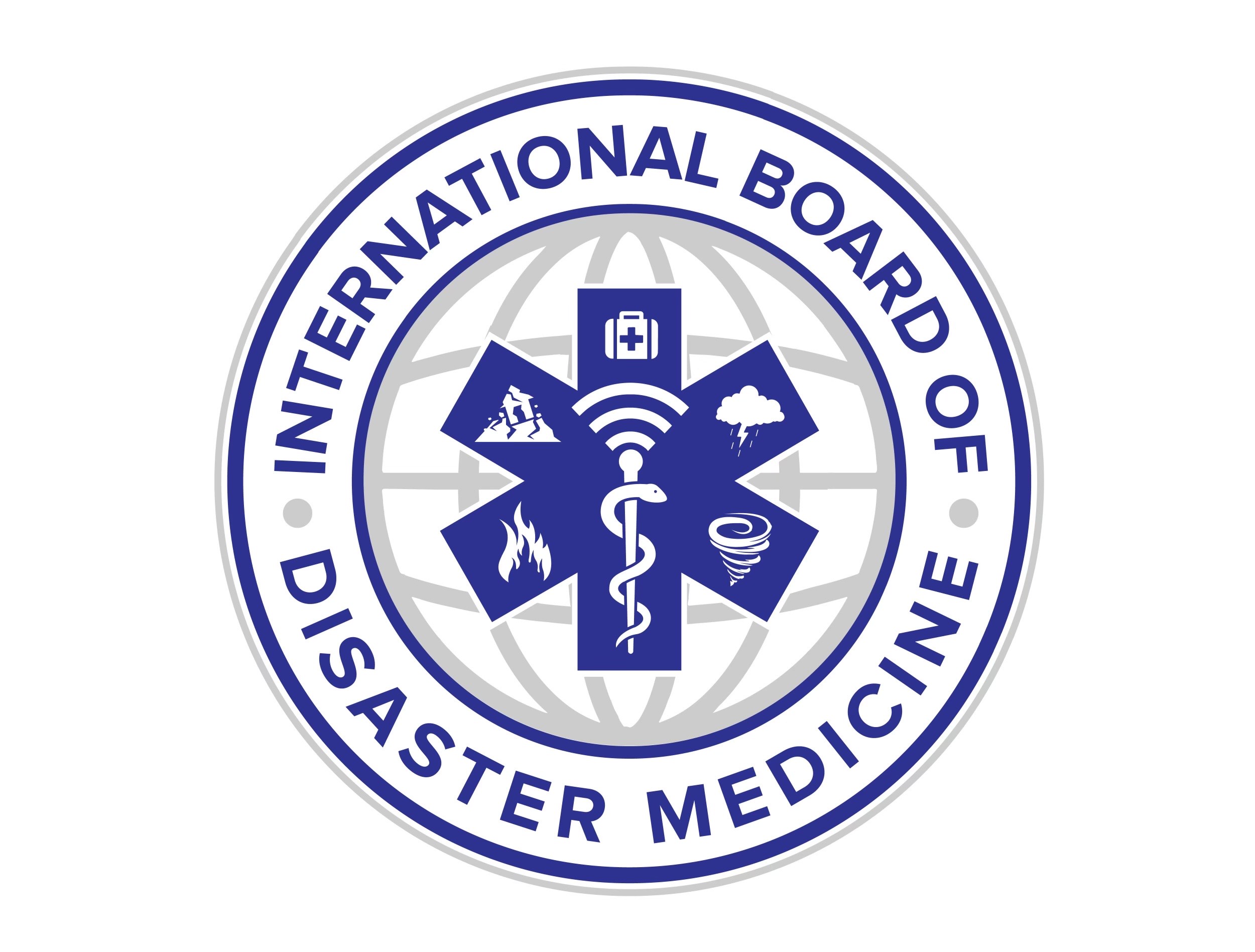Lynchburg Journal of Medical Science
Specialty
Women's Health
Advisor
Dr. Thomas Colletti
Abstract
Polycystic ovarian syndrome (PCOS) is a pervasive condition that affects women all over the world. It presents with a wide variety of symptoms like menstrual irregularity, hyperandrogenism, and polycystic ovarian morphology. Although generally considered to be solely a reproductive disorder, PCOS impacts metabolic, psychological, and cardiovascular health, and increases the risk for those diagnosed for other complications. Although PCOS is relatively common, it remains greatly misunderstood, which makes diagnosing the condition even more complex. Risk factors taken into consideration include genetics, environment, and lifestyle. The pathophysiology of PCOS focuses on dysfunction of the hypothalamic-pituitary-ovarian axis, insulin resistance, and inflammation. There are various sets of criteria that are used in its diagnosis, with the most common being the Rotterdam criteria that comprises both clinical and biochemical factors. Therapies for PCOS focus on the management of symptoms, both through lifestyle modifications and pharmacological intervention. Long-term complications related to PCOS include infertility, type 2 diabetes, obstructive sleep apnea, psychological distress and malignancy. This review describes current research into the etiology, pathophysiology, diagnostics, and management of PCOS and underlines the importance of further advances to improve outcomes for those affected.
Recommended Citation
Nettles, Amanda
(2025)
"Polycystic Ovarian Syndrome: A Clinical Review,"
Lynchburg Journal of Medical Science: Vol. 1:
Iss.
1, Article 15.
DOI: https://doi.org/10.63932/3067-7106.1020
Available at:
https://digitalshowcase.lynchburg.edu/jms/vol1/iss1/15






